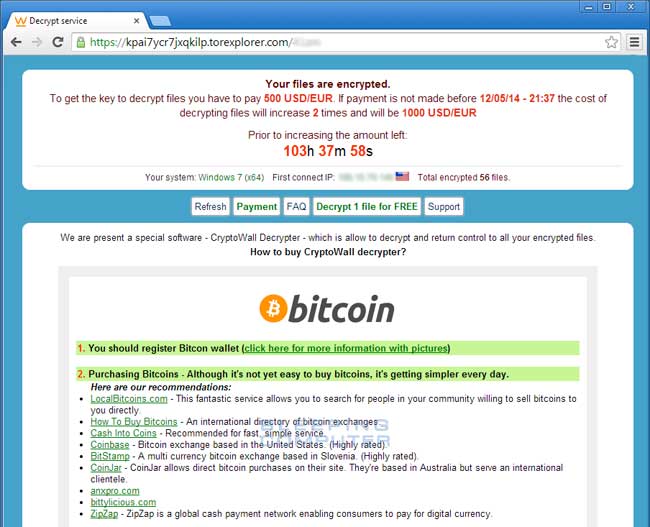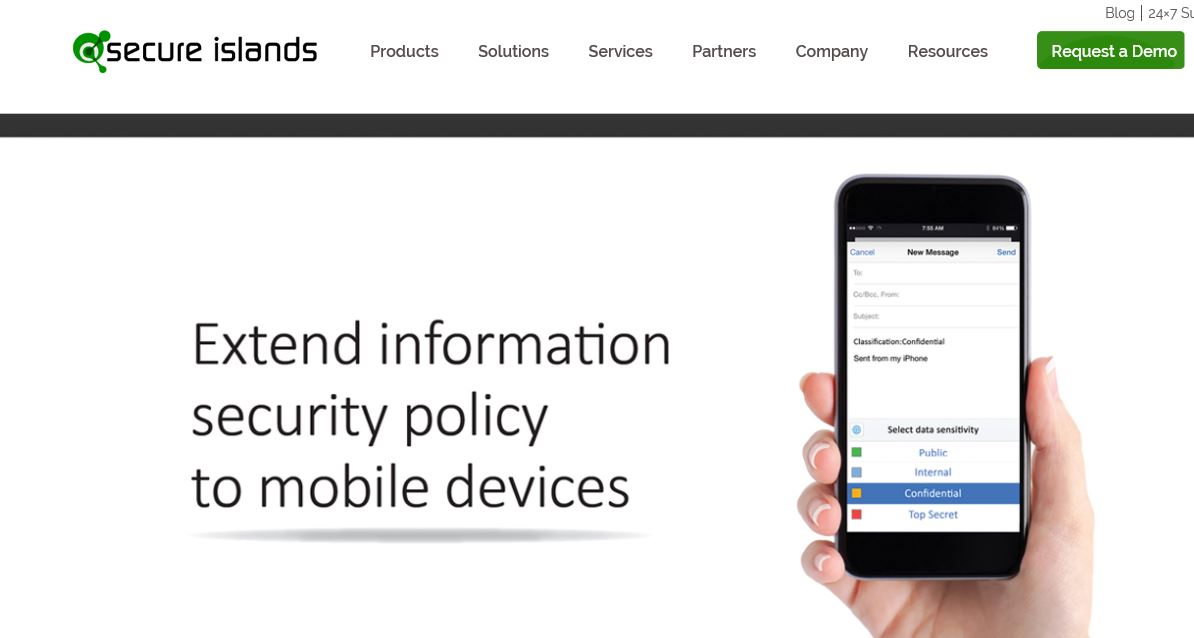
Hackers have discovered a critical exploit in Chrome for Android reportedly capable of compromising virtually every version of Android running the latest Chrome. Quihoo 360 researcher Guang Gong demonstrated the vulnerability to the PSN2OWN panel at the PacSec conference in Tokyo yesterday. While the inner workings of the exploit are still largely under wraps, we do know that it leverages JavaScript v8 to gain full administrative access to the victim's phone.
Read more: New Android exploit can hack any handset in one shot


Read more: AVAST Software to develop a security app for Windows 10 smartphones

Read more: Cyber espionage campaign attackers leverage recent zero-day Adobe Flash Player exploit
TIPS & TRICKS ICT WORLD
- Codeigniter4: Howto fetch data by ID (button click) from database using JQuery Ajax
- Howto stop vulnerable Open Memcached on a Zimbra Server.
- Proxy Server not running on Zimbra Mail Server.
- Howto remove .php, .html extensions on a web page using .htaccess file
- How to Increase the Max Upload Size Limit
- Howto Create a Distribution List or Mailing List in Zimbra mail server
- Howto configure redirection/forward of specific user emails to another email address in Cpanel
- Restore WhatsApp Backup in Android and iPhone
- Howto backup your WhatsApp messages to your Google Drive.
- RESOLVED in JOOMLA3.9: “Error: Application Instantiation Error: Call to undefined method JApplicationHelper::getHash()”
- Howto configure Microsoft Outlook 2016
- How to embed a tweet in to any website (WordPress, Joomla and Drupal)

